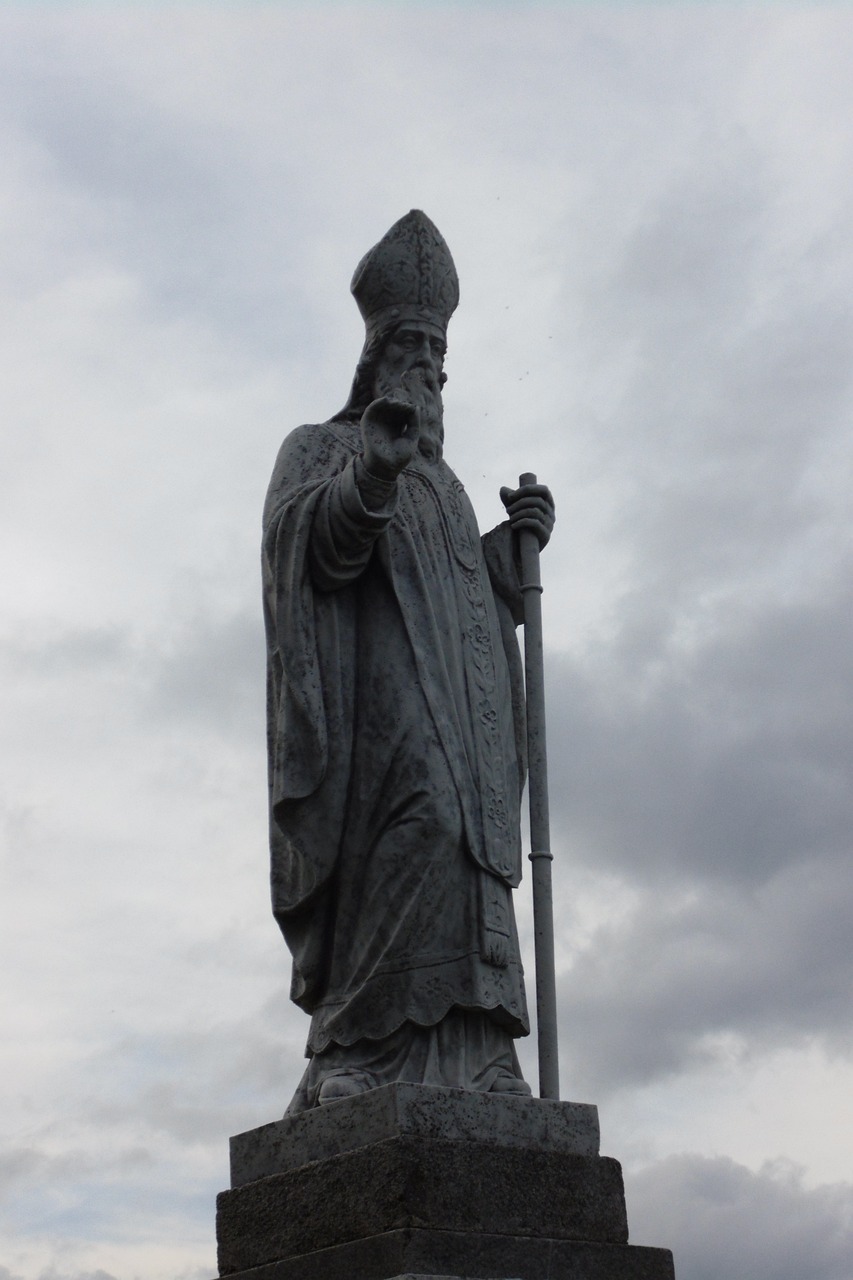On March 17, people will flock to bars, wearing leprechaun hats and “Kiss Me. I’m Irish” T-shirts, so they can party, get absolutely wasted and maybe even “get lucky.” Personally, this way of celebrating the patron saint of Ireland has never sat well with me. I’ve always been suspicious that the American way of celebrating St. Patrick’s Day reeks of anti-Irish prejudice.
It’s well-known that during the late 19th and early 20th centuries, the many Irish immigrants who poured into the United States during and after the Potato Famine faced discrimination in their new home. Irish people were ostracized for being poor, uneducated and cultural outsiders. Not only did their easily identifiable accents make them obviously “not from here,” but their Catholic faith made them even more of a cultural out-group in the eyes of the mostly Protestant United States.
Irish people were also frequently stereotyped as drunks, and unfortunately, this harmful stereotyping has greatly shaped the American cultural understanding of what it means to be Irish. In response to the earliest St. Patrick’s Day parades, American newspapers portrayed the Irish people who marched in the parades as “drunk, violent monkeys,” according to History.com. In the modern day, I think this cultural association has stuck, which is why we associate St. Patrick’s Day so strongly with heavy drinking.
However, I’m admittedly not the most in touch with my own Irish heritage, so perhaps I’m not the right person to make this kind of judgment. To make sure I’m not being the St. Patty’s Day equivalent of a Grinch, I decided to get the thoughts of the most thoroughly Irish person I know.
Harry Clune, an Eastern alum, is more passionate and knowledgeable about his Irish heritage than anyone else I’ve ever met, and he’s a lot less cynical about St. Patrick’s Day than I am. While he wishes that people wouldn’t get so drunk, he doesn’t very much attribute the holiday’s association with heavy drinking to anti-Irish stereotypes. “Drinking is definitely a part of Irish culture,” he said, explaining that because of religious and cultural differences, Irish people do tend to drink a little bit more than Americans.
It is certainly true that America’s Protestant heritage is a bit more prone to teetotalism than other parts of the world, especially in Catholic-majority countries, where there is less religious stigma against alcohol consumption. Furthermore, there is reason to think that drinking has historically played a role in traditional Irish celebrations of the Feast of St. Patrick. Since this day falls during Lent, this feast was a time for people in Ireland to temporarily break from their fasting observances, including abstinence from alcohol, so it’s not unreasonable to think that drinking alcohol is an appropriate aspect of celebrating this holiday.
Nevertheless, hitting the pub is certainly not the traditional way Irish people have celebrated this holy day. Up until the late 20th century, Ireland legally mandated that all shops—including pubs—close on St. Patrick’s Day. In light of this, I think it is far more likely that the St. Patrick’s Day pub crawl is less of a natural byproduct of the Irish holiday’s celebration spreading and more of an American invention, based on popular stereotypes about Irish people.
But even if I am completely wrong about the historical origins of St. Patrick’s Day revelries, I will still maintain that the modern way of celebrating the holiday is objectionable, and if you think I’m being overly sensitive, please take a moment to imagine something. On July 14, the Catholic Church celebrates the feast day of another saint who is the patron of another people group that others have historically associated with drunkenness and alcoholism.
This is the feast day of St. Kateri Tekakwitha, the first Native American canonized by the Catholic Church. Could you imagine how horribly offensive it would be for us to spend her feast day “celebrating her culture” by getting drunk? Would we not rightly consider it disgusting for people to pretend they are celebrating her culture by embracing a negative stereotype of it?
And to extend the metaphor even further, would it not also add insult to injury if we did this while wearing cheaply-manufactured, mass-produced replicas of the most stereotypical trappings of most people’s rather ignorant understanding of “Native American culture?” None of this sounds like a respectful celebration, and I suspect most people would feel similarly. So, please stop spending St. Patrick’s Day this way!
Please celebrate St. Patrick and the land he converted in a reverent and respectful way. Actually take some time to learn about St. Patrick, who, though born in Britain, loved Ireland so much that he returned there to convert the Irish people after having previously been enslaved there. Harry also recommended to me a lot of good ways to celebrate Irish culture, such as enjoying good Irish food (he recommends the Irish grocery store O’Neill’s Food Market in Glenside), watching a movie about Ireland (“Michael Collins” for something depressing and “The Young Offenders” for something comedic) or listening to Irish folk music (there’s a good Spotify playlist called “Fast Irish Folk). And finally, if you do break the Lenten fast this year, please drink responsibly.
Sources: Harry Clune, History.com, Times Magazine

